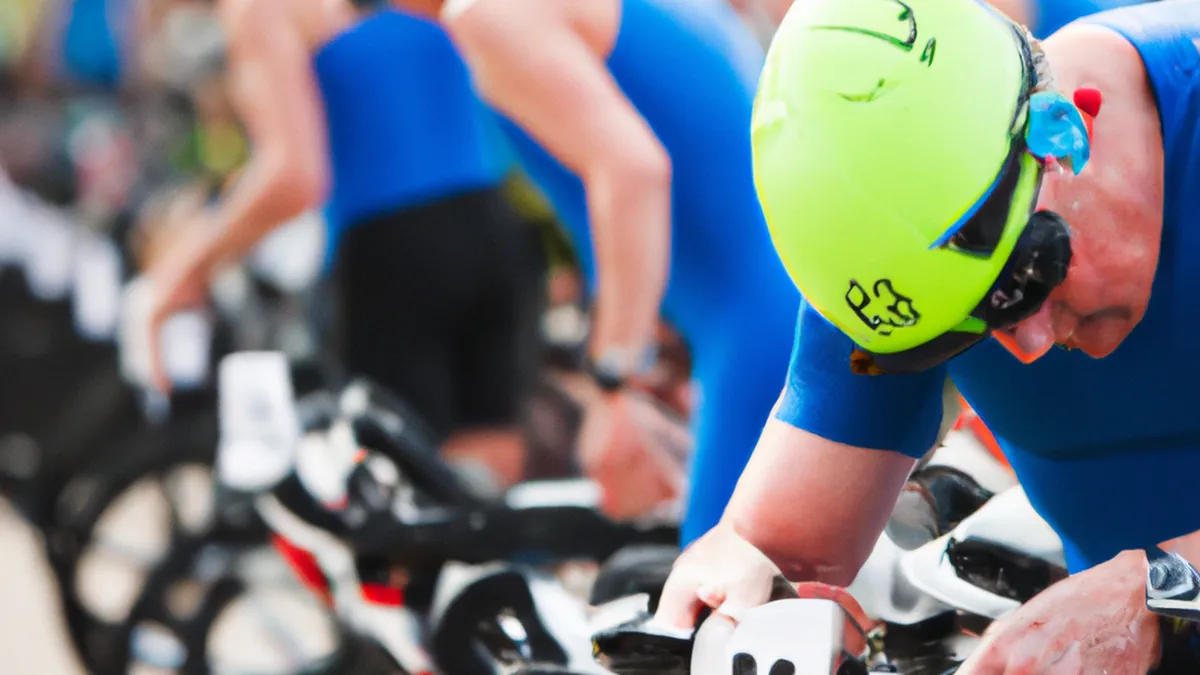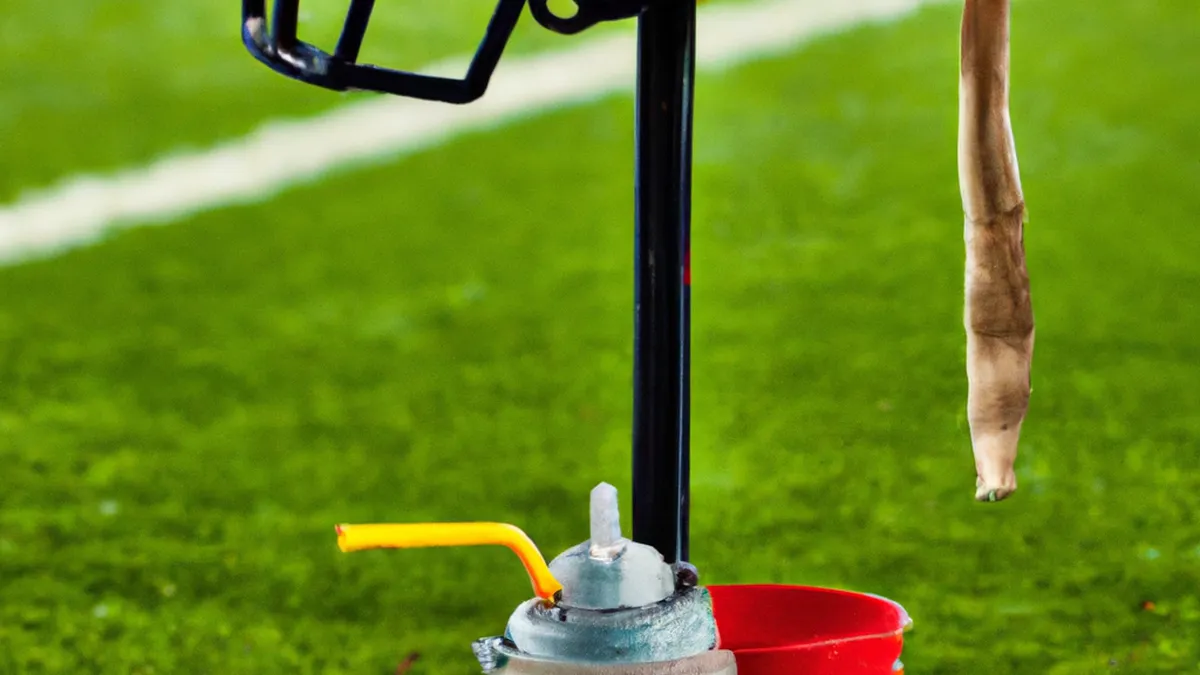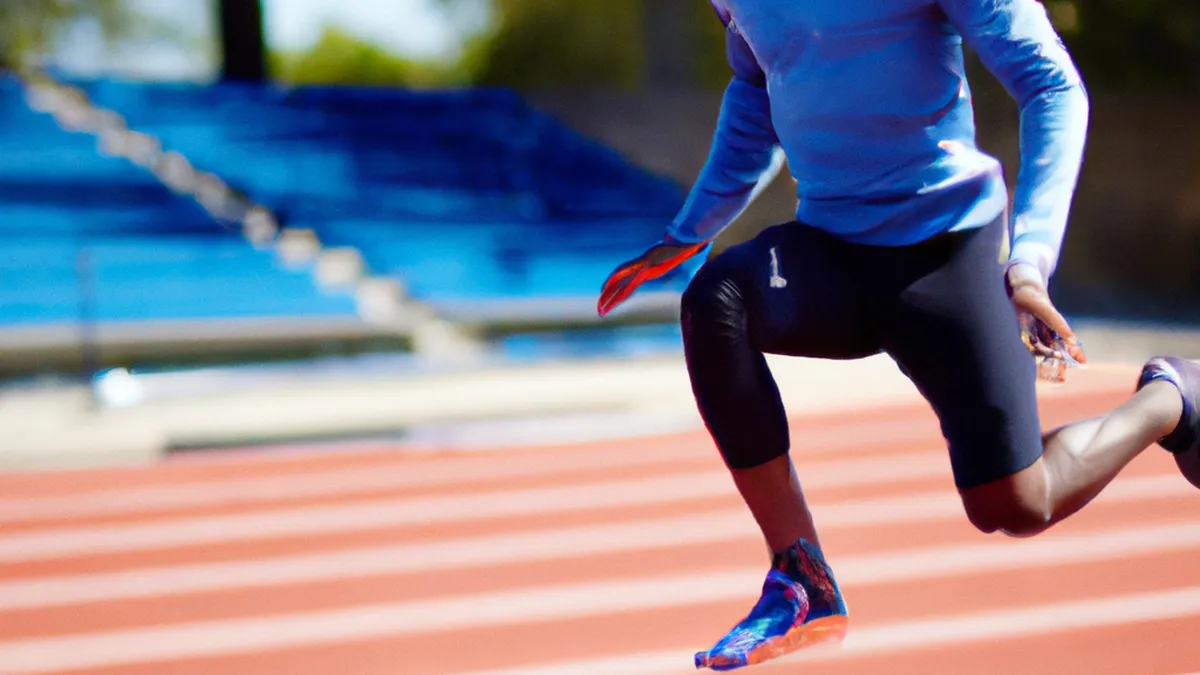Safety Practices for Seniors on the Court
Safety Considerations for Senior AthletesMany seniors enjoy sports and exercise. Physical activities offer numerous health benefits, but safety comes first. Our bodies change as we age, requiring routine adaptations. This blog explores safety considerations for senior athletes.
Understand Your Body
Before starting any sport, understand your body. Aging often causes joint pain, decreased flexibility, and slower recovery. Listen to your body. If you feel pain, stop immediately. Ignoring pain can cause serious injuries.Regular doctor check-ups are essential. Discuss your fitness plans and health issues. Your doctor can recommend suitable activities. They might also suggest heart health or bone density screenings. These check-ups create a safe exercise routine.
Choose the Right Activities
Not all sports suit every senior. Choose activities that match your fitness level and interests. Low-impact exercises often work best. Swimming, cycling, and walking provide great cardiovascular benefits while protecting joints.Consider adding strength training to your routine. It enhances muscle mass and bone density. Resistance bands and light weights suit seniors well. Yoga and tai chi improve flexibility and balance, reducing fall risks.
Warm-Up and Cool Down
As an Amazon Associate I earn from qualifying purchases.
Gear tip: consider stretching strap, mobility sliders, and foam yoga wedge to support this topic.
Always begin workouts with a warm-up. This prepares your muscles and joints for activity. Stretch your major muscle groups gently. Simple movements like arm circles and leg swings help.Don’t skip the cool-down phase. Gradually reduce your activity level to help your body return to rest. Stretching after workouts maintains flexibility and prevents soreness.
Stay Hydrated
Hydration is vital for senior athletes. Aging often reduces our sense of thirst. Make an effort to drink water before, during, and after exercise. Dehydration can cause dizziness, fatigue, and even heat stroke.Keep a water bottle handy during workouts. Regular drinking maintains optimal performance. If exercising outdoors, watch the weather. Hot, humid days require extra hydration.
Use Proper Equipment
Wearing appropriate gear significantly reduces injury risks. Invest in supportive, well-fitting footwear that cushions your feet. Shoes designed for specific activities enhance performance and comfort.Consider using protective gear when necessary. Knee pads or wrist supports can prevent injuries in high-impact sports. Always check your equipment for wear and tear. Broken or outdated gear can cause accidents.
Listen to Your Limits
Know your limits as a senior athlete. Set realistic goals based on your fitness level. Pushing too hard can lead to injuries and setbacks. Focus on gradual progress instead.Consider working with a coach or trainer. They can help you develop a safe, effective workout plan. Trainers understand senior athletes’ specific needs and provide valuable support.
Benefits of Staying Active
Staying active offers seniors numerous benefits. Regular exercise enhances cardiovascular health and strengthens muscles. It also boosts mood and promotes mental well-being. Sports foster social connections, helping combat loneliness.Additionally, staying active maintains independence. It improves balance and coordination, reducing fall risks. Regular exercise helps manage chronic conditions like diabetes and arthritis.
Enhance Quality of Life
Physical activity enhances seniors’ quality of life. It empowers engagement in daily activities. Regular exercise leads to better sleep, increased energy, and improved cognitive function. These factors contribute to a happier, healthier lifestyle.
Conclusion
Safety should always be a priority for senior athletes. Understand your body, choose appropriate activities, and use proper equipment. Warming up, cooling down, staying hydrated, and knowing your limits prevent injuries. The benefits of staying active enhance both physical and mental well-being. With precautions, seniors can enjoy sports safely and thrive. Embrace movement and stay active!
Below are related products based on this post:
FAQ
What are the key safety considerations for senior athletes?
Senior athletes should prioritize understanding their bodies, choosing appropriate activities, and using proper equipment. It’s important to listen to any signs of pain, engage in warm-up and cool-down routines, and stay hydrated during exercise. These precautions help prevent injuries and ensure a safe and enjoyable athletic experience.
How can seniors determine which activities are suitable for them?
Seniors should choose activities that align with their fitness levels and interests, ideally focusing on low-impact exercises like swimming, cycling, and walking. Incorporating strength training can also be beneficial, along with flexibility exercises such as yoga and tai chi. Consulting with a doctor can provide personalized recommendations based on individual health considerations.
Why is hydration important for senior athletes?
Hydration is crucial for senior athletes as aging can diminish the sense of thirst, increasing the risk of dehydration. Proper hydration helps maintain optimal performance and prevents issues like dizziness and fatigue. Seniors should make a conscious effort to drink water before, during, and after exercise, especially in hot weather conditions.















Post Comment